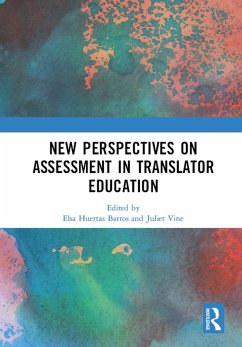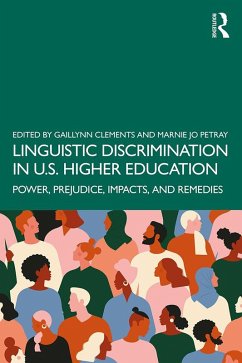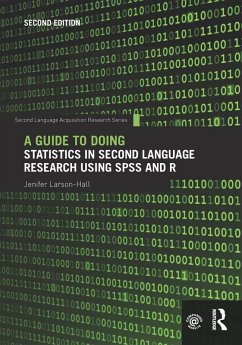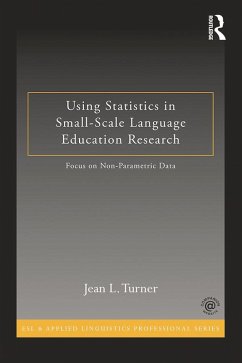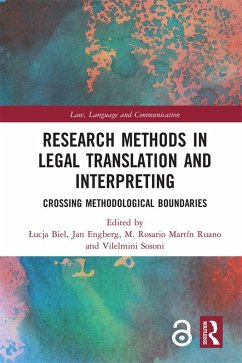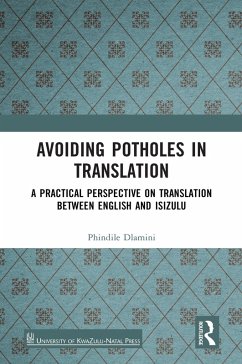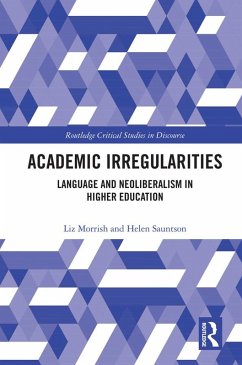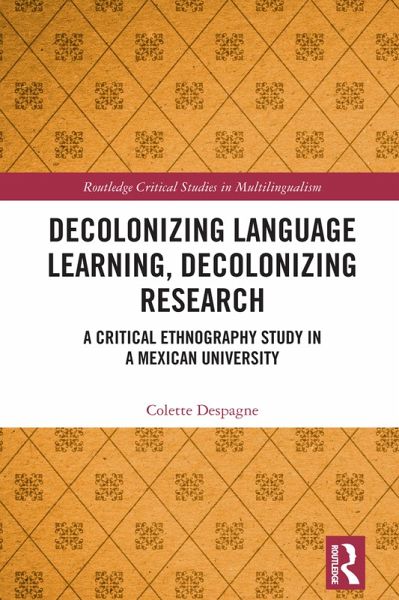
Decolonizing Language Learning, Decolonizing Research (eBook, ePUB)
A Critical Ethnography Study in a Mexican University
Versandkostenfrei!
Sofort per Download lieferbar
42,95 €
inkl. MwSt.
Weitere Ausgaben:

PAYBACK Punkte
21 °P sammeln!
This volume explores the socio-political dynamics, historical forces, and unequal power relationships which mediate language ideologies in Mexican higher education settings, shedding light on the processes by which minority students learn new languages in postcolonial contexts. Drawing on data from a critical ethnographic case study of a Mexican university over several years, the book turns a critical lens on language learning autonomy and the use of the Common European Framework of Reference for Languages (CEFR) in postcolonial higher education settings, and advocates for an approach to the l...
This volume explores the socio-political dynamics, historical forces, and unequal power relationships which mediate language ideologies in Mexican higher education settings, shedding light on the processes by which minority students learn new languages in postcolonial contexts. Drawing on data from a critical ethnographic case study of a Mexican university over several years, the book turns a critical lens on language learning autonomy and the use of the Common European Framework of Reference for Languages (CEFR) in postcolonial higher education settings, and advocates for an approach to the language learning and teaching process which takes into account minority language learners' cultural heritage and localized knowledge. Despagne also showcases this approach in the unique research methodology which underpins the data, integrating participatory methods such as Interpretative Focus Groups in an attempt to decolonize research by engaging and involving participants in the analysis of data. Highlighting the importance of critical approaches in encouraging the equitable treatment of diverse cultures and languages and the development of agency in minority language learners, this book will be key reading for researchers in sociolinguistics, educational linguistics, applied linguistics, ethnography of communication, and linguistic anthropology.
Dieser Download kann aus rechtlichen Gründen nur mit Rechnungsadresse in A, B, BG, CY, CZ, D, DK, EW, E, FIN, F, GR, HR, H, IRL, I, LT, L, LR, M, NL, PL, P, R, S, SLO, SK ausgeliefert werden.





